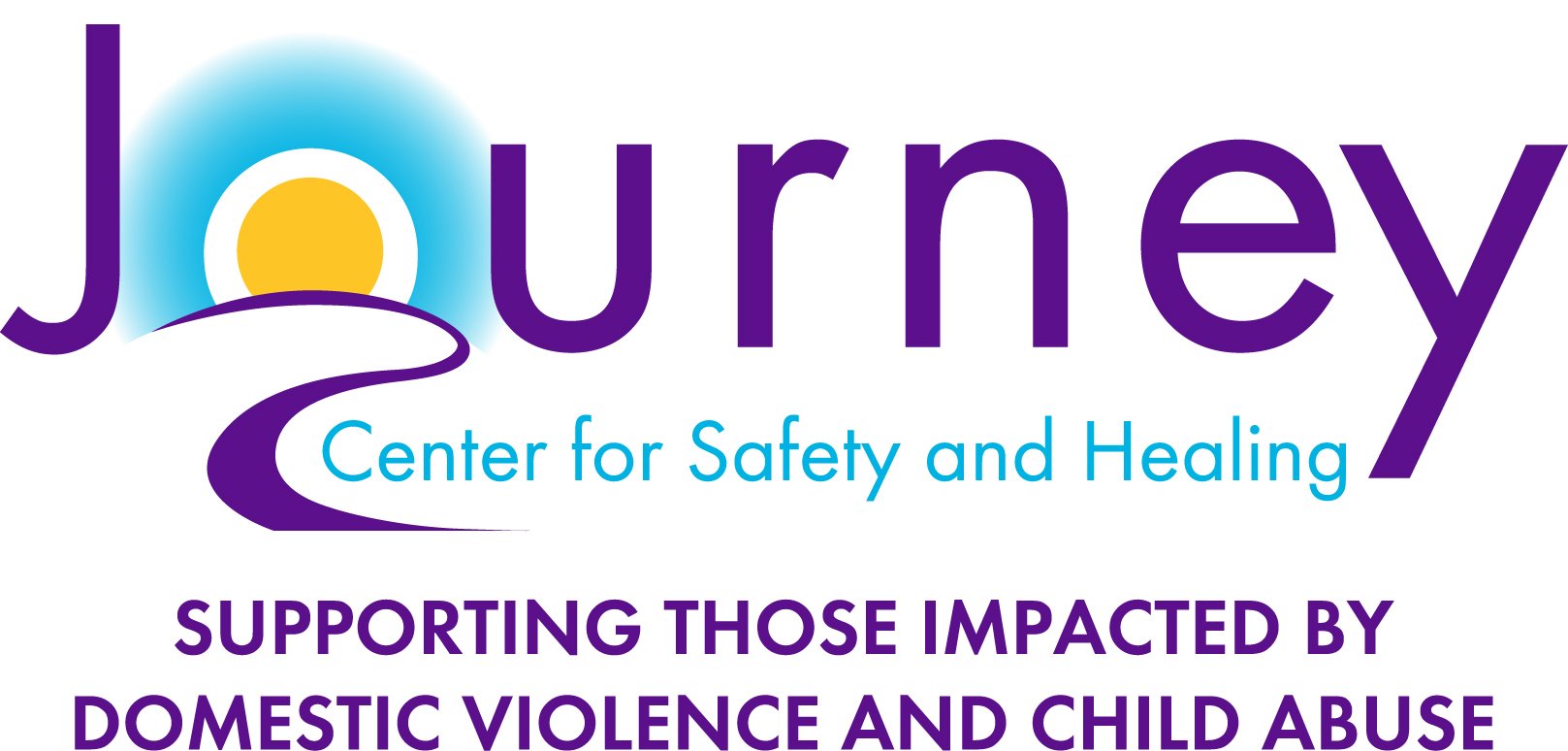Stand up. Speak out.
One of the most effective ways of bringing about change when it comes to stopping domestic violence is to stand up and speak out against it. If you know or suspect that someone is experiencing domestic violence, you might feel unsure about the best way to help.
A good start is to learn about the signs of abuse. Domestic violence can include physical or sexual violence, emotional and verbal abuse, digital abuse, and financial abuse. You may notice a potentially abusive partner doing some of the following behaviors:
Being controlling and jealous,
Attempting to isolate their partner from friends and family,
Insulting or demeaning their partner,
Preventing their partner from making decisions, and/or
Threating to harm them.
Use the tips that follow to help you support someone in this vulnerable situation.
Make sure it’s safe to talk. Choose a time and place that is safe and confidential to talk. Be specific about what is concerning you.
Listen carefully and show you care. Take the situation seriously, and refrain from minimizing acts of abuse or blaming them for the abuse. Remember that it can be difficult for people to recognize and leave abusive situations.
Validate their feelings. It's not unusual for someone experiencing abuse to have conflicting feelings about their partner and their relationship. Some victims may not realize that their situation is abnormal or unhealthy because they have no other models for relationships and have gradually become accustomed to the cycle of abuse.
Offer help. Recognize that survivors may choose to stay with their abuser for a number of reasons. Avoid telling them what to do, judging them or pressuring them to leave. Instead, offer to help them in whatever way they need or want, and respect their choices.
Support yourself. Caring for someone who is experiencing abuse can be a lot to carry. If you are helping someone with an abusive partner, be sure to practice self-care and remember it is ok to set your own boundaries.
There is no right or wrong way to help a victim of domestic violence. However, it is important to avoid doing something that will make the situation more dangerous.
Don't...
Bash the abuser.
Blame the victim.
Pressure the victim to make choices.
Give up. If they are not willing to open up at first, be patient.
Although your instinct may be to "rescue" someone you care about from domestic violence, the victim needs to make the ultimate decision of whether (and when) to leave and get help. Remember, someone experiencing an unhealthy or abusive relationship knows their situation, their relationship, and their partner best.
Support is always available. Call or text our 24-Hour Helpline at 216.391.4357 (HELP) or live chat: Journeyneo.org.
